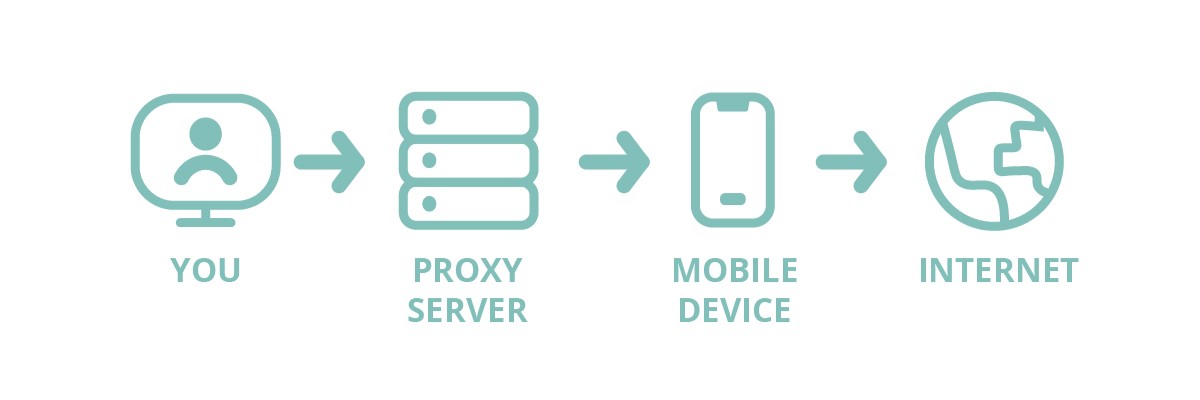Table of Contents
Introduction
These days, in the modern world of digitization, privacy and security over the internet are the most critical concerns. People and organizations dealing with the vast web require a way to secure sensitive data and access information without compromising one’s security. The mobile proxy is gaining much attention in this regard. What is a mobile proxy, and how does it work?
Definition
Mobile proxies are intermediaries that route your internet traffic through the IP address of a mobile device and are usually provided by a mobile carrier. Other proxies typically operate with data center or resident IP addresses, but mobile proxies make use of the IP addresses assigned to handheld mobile devices, such as smartphones and tablets. This becomes very important because these mobile IPs are thought to be more legitimate and trusted compared to the other types of IP addresses.
How They Work
When accessing with a mobile proxy, your internet requests go through some mobile network and then reach your target website. This will mask your original IP address and replace it with the mobile IP so that the request seems to be from a mobile device. Proxies can be used as intermediaries to mask your location and identity from adversaries, providing an additional layer of anonymity.

To make things easier, let’s start with a simplistic view of visiting a website directly from your computer. Your IP address is visible to the website’s server that may try to follow your activities. But when you use a mobile proxy, it sees the mobile IP address dynamically assigned by mobile carriers. This dynamic nature of mobile IPs makes it less prone to bans and more versatile for a wide range of online activities.
Types of Mobile Proxies
Primarily, mobile proxies can be divided into two types: 3G/4G proxies and 5G proxies.
3G/4G Proxies:
These proxies use IP addresses assigned to devices connected to 3G or 4G networks. They are widely used due to the extensive coverage of 3G and 4G networks around the world. These proxies provide a good balance between speed and reliability, making them suitable for most online tasks.
5G Proxies:
As 5G networks become more prevalent, 5G proxies are emerging as a superior option due to their higher speeds and lower latency. These proxies leverage the advanced capabilities of 5G technology, offering faster and more reliable connections. However, their availability is still limited compared to 3G/4G proxies.Conclusion
In summary, mobile proxies are powerful tools that utilize the IP addresses of mobile devices to provide enhanced anonymity, security, and access to geo-restricted content. By understanding how they work and the types available, users can make informed decisions about integrating mobile proxies into their online activities.
